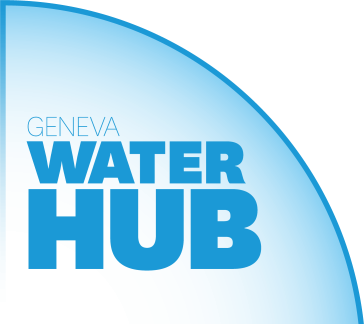
9th World Water Forum - Day one analysis
Although competition over access to scarce water resources can lead to conflict, water is also a powerful vehicle for peaceful cooperation. Senegal has developed an international reputation for peaceful cooperation with its neighbours in the river basins of both the Senegal and the Gambia rivers. Many of the current forum sessions are related to the central themes of water security and peaceful cooperation. It is the first time the World Water Forum has been held in Sub-Saharan Africa. The event sets in motion a trajectory of international dialogue that will culminate in the first UN conference on the water since 1977. Senegal has seized the opportunity by introducing a number of innovations to how world water forums are traditionally held, by decompartmentalizing the dialogue processes, limiting the number of themes to be discussed, and focusing on delivering practical responses to existing water challenges. It has done so with a forward-looking vision focused on the upcoming UN water conference, which constitutes the midterm review of Sustainable Development Goal 6 on water and sanitation and will take place in New York in March 2023. Senegalese President Macky Sall opened the Forum, reminding participants that water is a major challenge for the 21st century and warning that population growth, urbanization, and pollution threaten water security. Therefore, he called on the international community to put water at the heart of multilateral action and international policies. Rather than being an open dialogue, the 9th World Water Forum has been designed to deliver commitments and show results around four critical themes: water security, water for rural development, international cooperation, and means and tools. All events during the Forum will be seen as contributions to two key processes: firstly, the process of seeking political support at the head of state, ministerial, parliamentarian, local government, and river basin levels, and secondly, the elaboration of concrete, actionable solutions to respond to current challenges, which will ultimately be incorporated in the outcomes of the UN conference.
World Water Day this year was dedicated to groundwater under the theme “Making the invisible visible.” Groundwater accounts for 99% of all liquid freshwater resources on earth, but this resource is neither directly visible nor well understood. The World Water Development Report 2022, released on World Water Day, focuses on unlocking the potential of groundwater by significantly increasing the amount of data available on the resource, strengthening environmental regulation, and increasing the human, material, and financial resources required to manage it safely. The UK-based organization Water Aid launched its groundwater study in Africa conducted together with the British Geological Survey on the same day. The report sets out to debunk the myth that there are insufficient water resources in Africa.
On the contrary, it argues, there is enough groundwater across the African continent to survive at least five years of drought. Every African country south of the Sahara could supply 130 litres of drinking water per capita per day from groundwater without using more than 25% of the long-term average recharge1(?) , and most less than 10%. Echoing the World Water Report, Water Aid argues that the resource needs to be well researched and managed effectively, and investments are required to unlock its potential. Turning to transboundary groundwater resources, the Geneva Water Hub and UNESCO hosted an exchange between three existing platforms for transboundary groundwater management on three different continents: the Senegalo Mauritanian Aquifer, the Franco-Swiss Genevois aquifer, and the Guarani aquifer. This event marked a rare opportunity to explore transboundary groundwater agreements, of which there are only six in the world, despite there being more than 500 transboundary aquifers globally. These three agreements have all been based on trust-building between the member states, resulting from agreements to study the aquifers and exchange the data, developing personal relationships between key decision-makers, and elaborating regulatory frameworks acceptable to all parties.
Dr Tobias Schmitz
Development Advisor, The Water Diplomat

